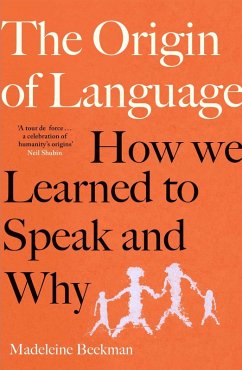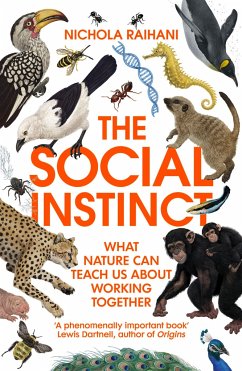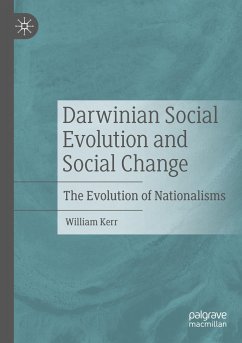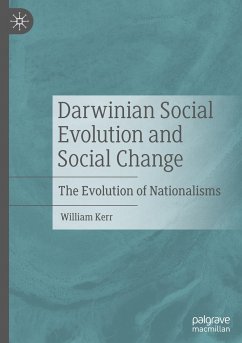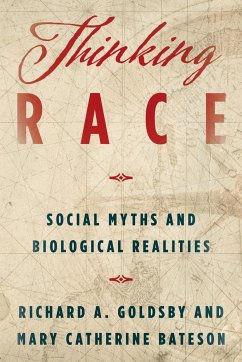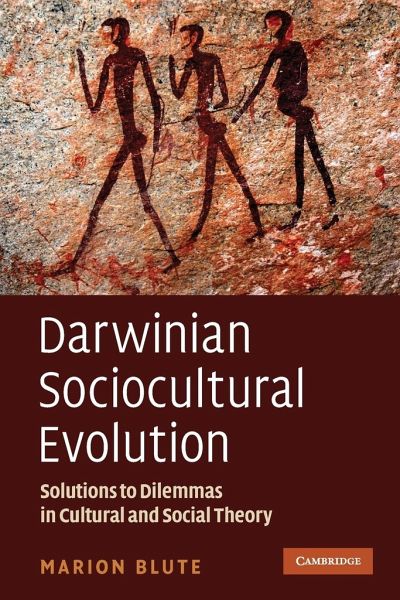
Darwinian Sociocultural Evolution
Versandkostenfrei!
Versandfertig in 1-2 Wochen
43,99 €
inkl. MwSt.
Weitere Ausgaben:

PAYBACK Punkte
22 °P sammeln!
Social scientists can learn a lot from evolutionary biology - from systematics and principles of evolutionary ecology to theories of social interaction including competition, conflict and cooperation, as well as niche construction, complexity, eco-evo-devo, and the role of the individual in evolutionary processes. Darwinian sociocultural evolutionary theory applies the logic of Darwinism to social-learning based cultural and social change. With a multidisciplinary approach for graduate biologists, philosophers, sociologists, anthropologists, social psychologists, archaeologists, linguists, eco...
Social scientists can learn a lot from evolutionary biology - from systematics and principles of evolutionary ecology to theories of social interaction including competition, conflict and cooperation, as well as niche construction, complexity, eco-evo-devo, and the role of the individual in evolutionary processes. Darwinian sociocultural evolutionary theory applies the logic of Darwinism to social-learning based cultural and social change. With a multidisciplinary approach for graduate biologists, philosophers, sociologists, anthropologists, social psychologists, archaeologists, linguists, economists, political scientists and science and technology specialists, the author presents this model of evolution drawing on a number of sophisticated aspects of biological evolutionary theory. The approach brings together a broad and inclusive theoretical framework for understanding the social sciences which addresses many of the dilemmas at their forefront - the relationship between history and necessity, conflict and cooperation, the ideal and the material and the problems of agency, subjectivity and the nature of social structure. Across numerous disciplines, including biology, philosophy, sociology, anthropology, archaeology, linguistics, economics and political science, some theorists are proposing the existence of a Darwinian social learning-based inheritance and evolutionary theory. This multi-disciplinary paradigm is presented here along with how it can be used to address major theoretical dilemmas in social science.





